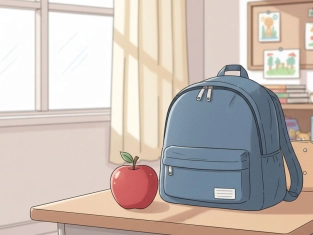Some and Any
Table of Contents
Exercises
When to Use Some
Some is used for a small, not exact amount.
It appears mostly in positive sentences and sometimes in questions (when offering or asking politely).
Affirmative Sentences
-
With plural countable nouns:
She bought some apples at the market. -
With uncountable nouns:
There is some water in the bottle.
Questions (offers/requests)
Would you like some tea?
Can I have some water, please?
Not in Negatives
I don’t have some money. - WRONG
I don’t have any money. - CORRECT

When to Use Any
Any is used for no amount or any amount.
It appears mostly in negative sentences and questions.
It can also mean “whichever/whenever” in positive sentences.
Negative Sentences
She doesn’t have any friends in the city.
There aren’t any apples on the table.
Questions
Do you have any questions?
Did you see any interesting movies?
Affirmative (rare – meaning “whichever/whenever”)
You can take any book you like.
If you have any problems, let me know.
Quick Rules for Some vs Any
|
Word |
Use |
Examples |
|
Some |
Positive sentences, polite offers/requests |
I have some friends in New York. / Could I have some water? |
|
Any |
Negative & question sentences, or “whichever/whenever” |
I don’t have any money. / Is there any milk in the fridge? / Take any seat you like. |
Practice Tip
Remember:
-
Some = a little, a few (positive, offers, requests)
-
Any = zero, questions, or “whichever”

